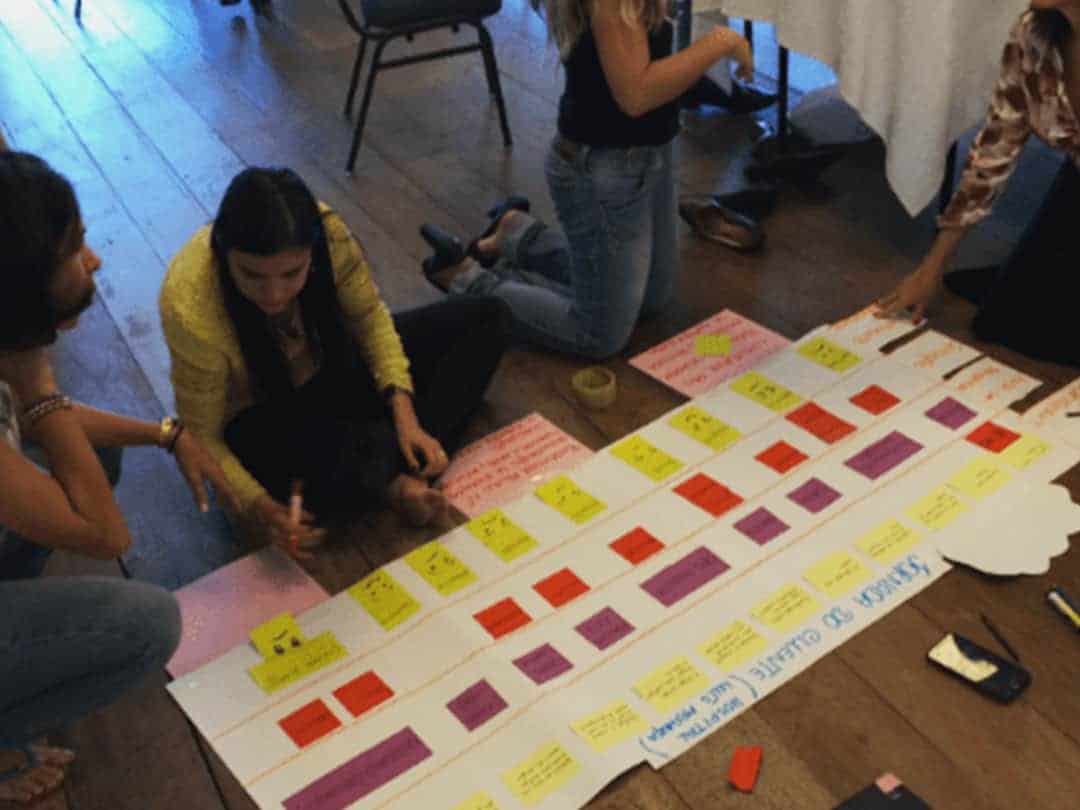cases

Context Step 1
Hapvida positions itself as a complete health solution (medical covenants, clinics, hospitals and diagnostic services) for class C and D public in the North and Northeast regions. Its business model is heavily based on cost and productivity control, which has, over time, produced a culture of search for agility in which care for relationships has been in the background. Its public became very dissatisfied with the unfriendly service which began to impact on business results.
Leaders of teams most directly involved with customer service (porters, receptionists and other attendants) were invited to capture the Hapvida service culture based on 2 inspirations: the Empathy phase of Design Thinking (feel the experience of the and the Appreciative Inquiry (to look for stories of welcome in the organization). Based on the cultural habits captured, the desired new culture was created through simple actions that were prototyped, adjusted and later adopted throughout the network.
Results Step 1
The capture of culture made in an experiential and participative way was a shocking experience for those involved, which generated instant mobilization to put habits different from the usual ones in practice. The collective design of actions more aligned to the desired culture produced concrete initiatives, feasible and adherent to the possibilities of the organization. The changes were immediately felt by users and contributors.
Context Step 2
Hapvida positions itself as a complete health solution (medical covenants, clinics, hospitals and diagnostic services) for class C and D public in the North and Northeast regions. Its business model is heavily based on cost and productivity control, which has, over time, produced a culture of search for agility in which care for relationships has been in the background. Its public became very dissatisfied with the unfriendly service which began to impact on business results.
Approach
Consultants and also internal team leaders built an interview process and interviewed both patients and those directly involved with customer service (doormen, receptionists, and other attendants). Consultations were carried out both in the clinics and in the hospitals of the network to find out what the company already did well in terms of hosting and how to expand actions based on the findings.
Results
The teams realized that, even though it was not the most frequent approach, there were warm calls and people who deserved to be recognized by this attitude. By emphasizing these desired behaviors, the professionals in question demonstrated surprise, then satisfaction and strengthening in the welcoming practices. Other professionals have mirrored these stories to adopt more humanized care. By putting light on if wanted, the whole system moved in that direction.
outros cases
contact@cocriar.com.br
